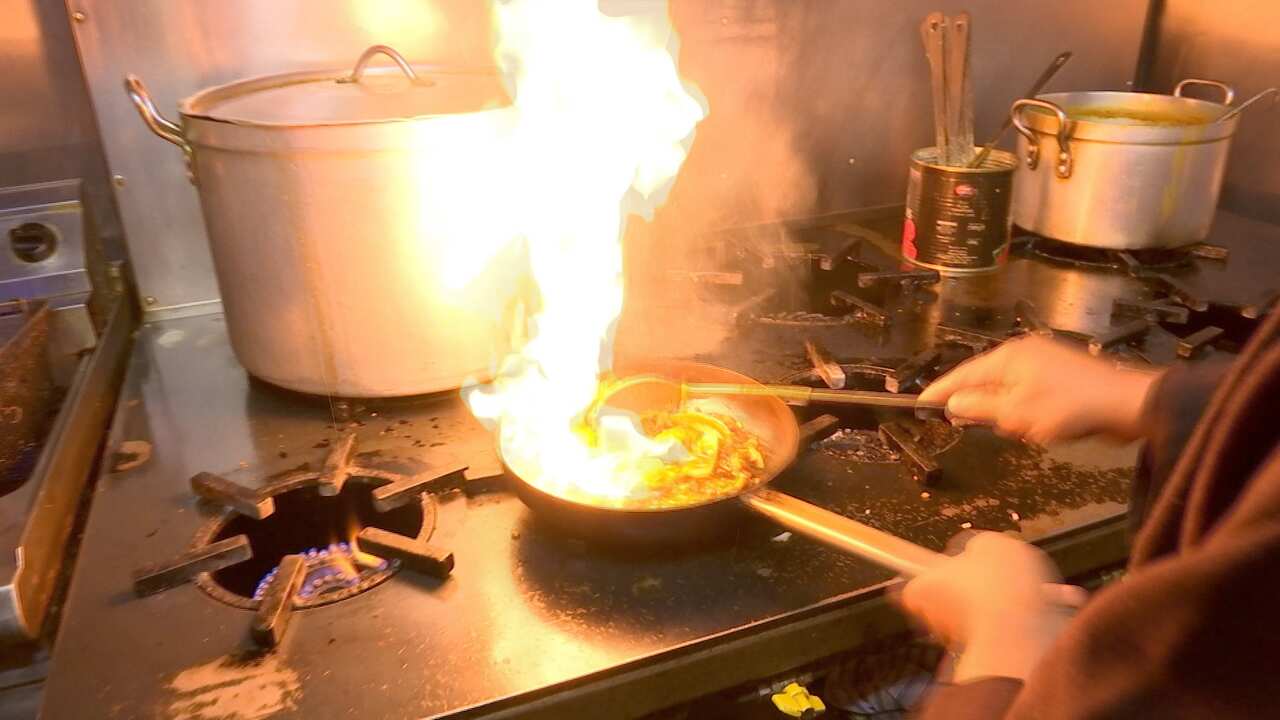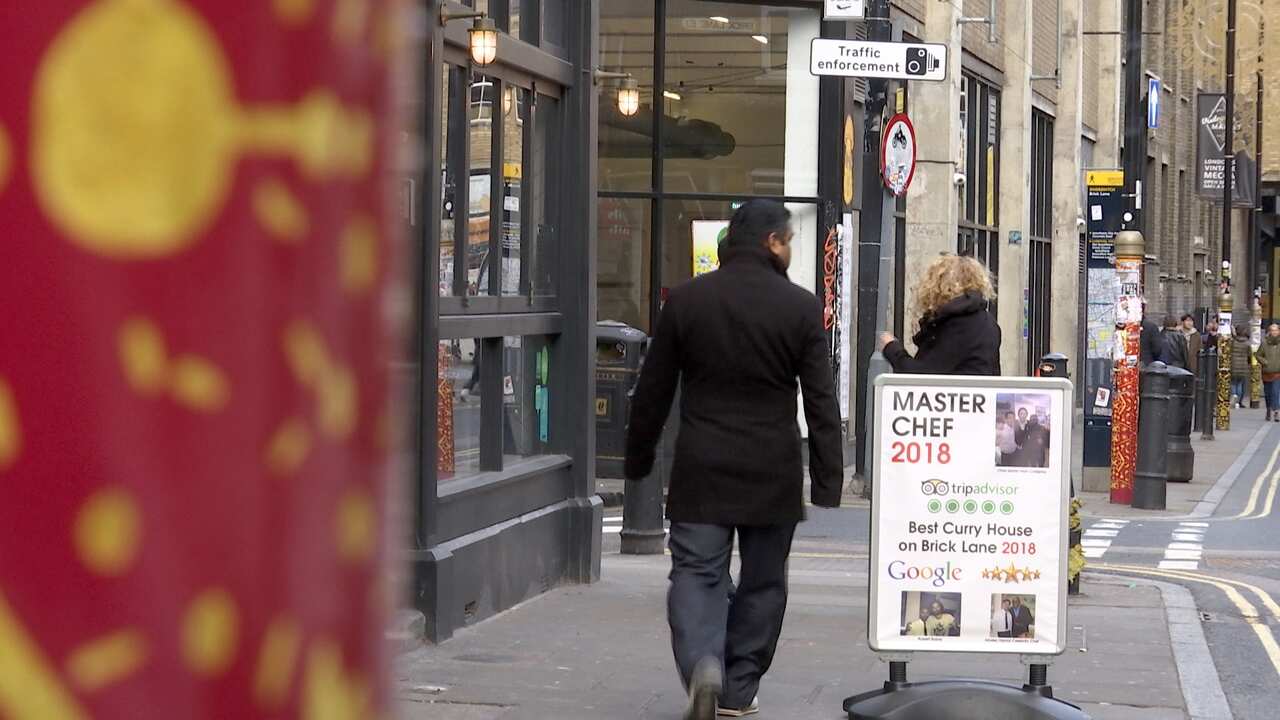It has been 17 years since the UK Foreign Secretary famously declared Chicken Tikka Masala to be Britain’s national dish.
“It is a perfect illustration of the way Britain absorbs and adapts external influences,” said Robin Cook.

"Chicken Tikka is an Indian dish. The Masala sauce was added to satisfy the desire of British people to have their meat served in gravy.”
The so-called ‘Masala speech’ acknowledged what most hungry consumers had known for decades - that curry houses are a key part of British life.
Now, they are an institution under threat.
Restaurant owners say immigration controls in the UK are too tight, preventing them from hiring the South Asian chefs they desperately need.
“Why can’t England open up for business?” said Abdul Ahad, the owner of City Spice on London’s famous curry strip, Brick Lane.
“These people pay taxes, contribute to society, once they’re finished here they’ll go back. They won’t harm the fabric of society.”
Many in the industry thought Brexit could provide the solution to their staffing woes.
Before the referendum, the leave campaign targeted Indian, Pakistani and Bangladeshi communities.
“We supported the leave campaign,” said Oli Khan, the owner of Spice Rouge in Stevenage.
“At that time some of the senior members of the British parliament, they’d promised us ‘if you support Brexit, we’ll get more people from South Asia’, which is very unlikely now.”

The ministers making those promises have since left cabinet and the UK government has not made clear how immigration laws will change post-Brexit.
Many in the curry business now feel used.
"There were so many things said to gain the votes of the Bangladesh Caterer’s Association and the people related to the industry, just to get them on board," Mr Ahad lamented.
"So many ideas floated around just to buy the votes, just to get hold of the votes. And once they got hold of the votes, it never materialised."
The industry association says an additional 30,000 workers are needed immediately. Without access to more staff, it is estimated 1 in 2 curry houses will be forced to close over the next decade.
One suggestion to solve the problem has been dubbed the ‘Vindaloo Visa’. The plan would involve a one-year work permit that would allow South Asian curry chefs to work in the UK, without the restrictions they currently face.
“I’m very hopeful that after the Brexit the immigration policy will be fairer for all over the world,” said Enam Ali, a restaurant owner and organiser of the British Curry Awards.
“If someone wants to come from Eastern European country, it’s very easy to come to this country, just have a driving licence.
“But when someone wants to come from outside the EU, it’s hundreds of documents. (They say migrant) chefs need to speak English. I’m not here to speak English, I’m here to cook a curry!”
Currently, a cook needs to earn £29,570 (A$54,336) to be granted a work visa. The average chef’s wage in the UK is around £25,000 (A$45,938).
Reducing the income requirement could ease the strain on the industry.
“I’m keen to expand. If I had the staff, I’d expand tomorrow,” said Mr Ahad in his restaurant.
“My product is good, my brand is good. But there’s no point in me expanding tomorrow without any staff.”
But with the government refusing to make any definitive immigration commitments before the Brexit deal is sorted, the curry crisis is set to continue.

